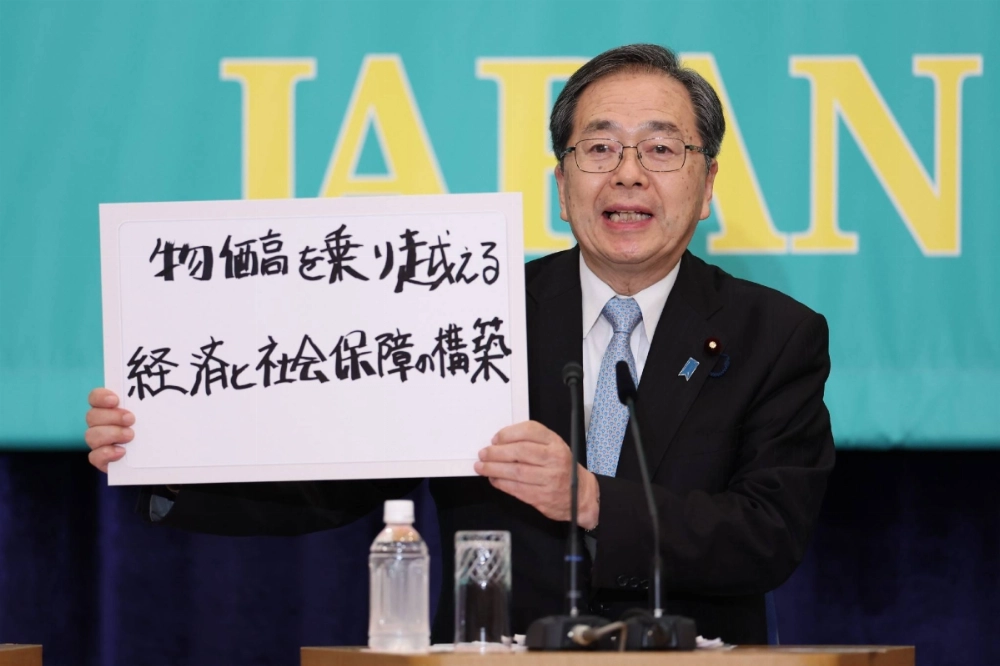There are two key questions that voters will seek answers to in Sunday's Upper House election: The more immediate question is how do we overcome the high cost of living? And the longer-term question is how can we build a Japanese economy and social-services infrastructure that are resilient and sustainable?
Parliamentarians must heed the voices of those whose lives are hit hardest by soaring prices and do everything possible to alleviate their hardship. Some argue for a tax reduction while others call for a one-time payout. Komeito holds that both are necessary, fully cognizant that neither are lasting remedies.
The income-tax reduction we proposed will go into effect by the end of 2025, with 99% of taxpayers projected to receive between ¥20,000 to ¥40,000 each. As for the one-time payment, it will direct ¥40,000 to a single adult under the household municipal tax exemption and to all children under the age of 18; every other adult in that household will receive ¥20,000.

















With your current subscription plan you can comment on stories. However, before writing your first comment, please create a display name in the Profile section of your subscriber account page.